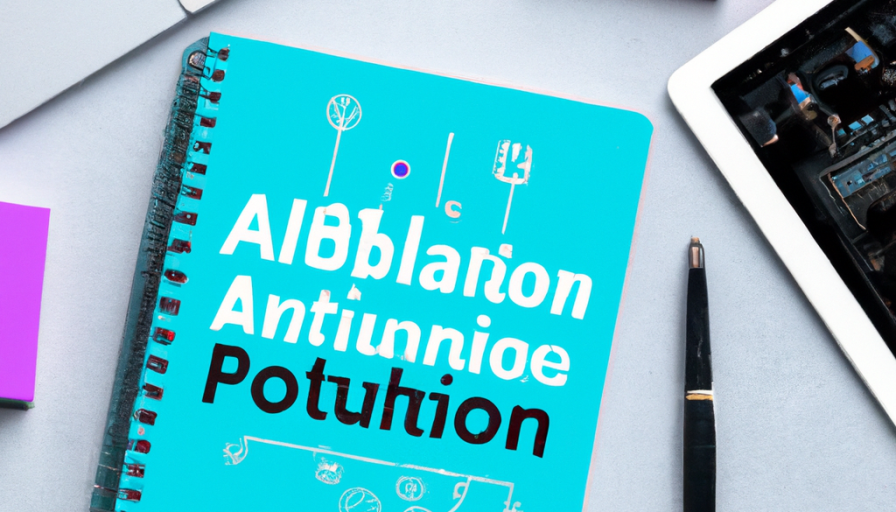AI Powered Automation Techniques
Artificial intelligence (AI) has revolutionized various industries, including automation. With the ability to mimic human intelligence and perform complex tasks, AI-powered automation techniques are becoming increasingly popular. In this article, we will explore some of the key techniques that utilize AI to streamline processes, increase efficiency, and drive innovation.
1. Robotic Process Automation (RPA)
One of the most prominent applications of AI in automation is Robotic Process Automation (RPA). RPA leverages AI and machine learning to automate repetitive and rule-based tasks that were previously performed by humans. By utilizing software robots, organizations can significantly reduce errors, enhance productivity, and free up employees’ time to focus on more strategic and value-added activities.
2. Natural Language Processing (NLP)
Natural Language Processing (NLP) is a branch of AI that enables computers to understand and interpret human language. By using NLP techniques, organizations can automate tasks related to language processing, such as text analysis, sentiment analysis, and chatbots. NLP-powered automation allows businesses to provide faster and more accurate customer support, extract valuable insights from vast amounts of text data, and improve overall communication processes.
3. Machine Learning (ML)
Machine Learning (ML) algorithms enable computers to learn from data without being explicitly programmed. ML algorithms can be utilized in automation to improve decision-making, optimize processes, and identify patterns or anomalies in large datasets. By leveraging ML, organizations can automate tasks like customer segmentation, fraud detection, predictive maintenance, and demand forecasting, leading to better business outcomes and increased operational efficiency.
4. Computer Vision
Computer Vision is an AI technique that enables computers to analyze and understand visual information from images or videos. By using computer vision algorithms, organizations can automate tasks that require visual perception, such as object recognition, image classification, and quality control. In industries like manufacturing, retail, and healthcare, computer vision-based automation can significantly improve accuracy, speed, and productivity.
5. Intelligent Virtual Assistants
Intelligent Virtual Assistants, also known as virtual agents or chatbots, utilize AI and natural language processing to interact with users and provide assistance. These virtual assistants can automate various tasks, including customer support, appointment scheduling, information retrieval, and much more. By implementing intelligent virtual assistants, organizations can enhance customer experiences, reduce response times, and handle a higher volume of inquiries without human intervention.
6. Predictive Analytics
Predictive analytics leverages AI and statistical techniques to predict future outcomes based on historical data. By analyzing and identifying patterns in large datasets, organizations can make informed decisions and automate processes accordingly. Predictive analytics can be utilized to automate tasks such as demand forecasting, inventory management, predictive maintenance, and personalized marketing campaigns. By automating these tasks, organizations can optimize their operations, reduce costs, and improve overall performance.
7. Autonomous Vehicles and Drones
AI-powered automation techniques have also led to significant advancements in the field of transportation and logistics. Autonomous vehicles and drones utilize AI algorithms to navigate, detect obstacles, and make real-time decisions without human intervention. These technologies are revolutionizing industries such as package delivery, transportation, and agriculture, where automation can lead to increased efficiency, reduced costs, and improved safety.
Conclusion
AI-powered automation techniques are transforming industries across the globe. From Robotic Process Automation and Natural Language Processing to Machine Learning and Computer Vision, organizations are leveraging AI to streamline processes, enhance productivity, and drive innovation. By incorporating these techniques into their operations, businesses can stay ahead of the competition, deliver exceptional customer experiences, and achieve sustainable growth in the era of automation.
Note: The above content has been written in markdown format based on the given title “AI Powered Automation Techniques”.


